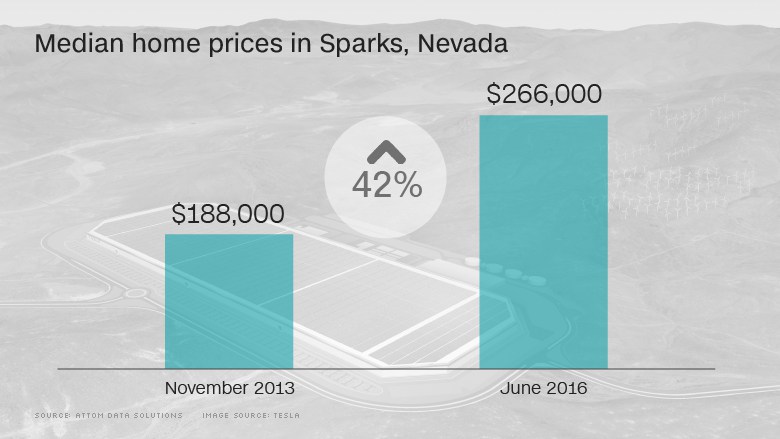Elon Musk failed to disclose his purchase of SolarCity stock.
Musk bought 570,000 shares of SolarCity stock on February 11, evidently near the time he discussed the possibility of a merger with cousin Lyndon Rive.
The per-share purchase price ($17.56) was significantly below the implied valuation of SolarCity stock in the merger; hence, Musk will realize a profit of several million dollars if the merger is approved.
Again, EnerTuition’s article has an excellent and nuanced discussion of the stock purchase, and the questions it raises, so I skip over it here except to note Musk’s stock purchase further taints a deal that already has a bad odor.
If you are a Tesla shareholder (or, indeed, a SolarCity shareholder), and deciding how to vote on the merger, would any of these topics be important?
- A budget for CapEx needed to achieve volume production of the Model 3;
- Any change in 2016 delivery guidance;
- Any change in the number of Model 3 deposits since April;
- The yield on Tesla’s 32,000 Model X deposits;
- Details about Model S order backlog and demand;
- Details about Tesla Energy sales;
- Details about Tesla Energy margins;
- Details about Gigafactory sub-suppliers;
- Details about the “safety stock” Panasonic is requiring Tesla to pay for;
- Update on whether Tesla still plans to begin Model 3 production in July 2017;
- Update on whether Tesla still forecasts production of at least 100,000 Model 3 car in 2017.
If you believe any of this information might be useful in considering the merger proposal, too bad for you. The S-4 is silent about all this.
Read More
Read more "Tesla & SolarCity: This Deal’s Getting Worse All The Time"
